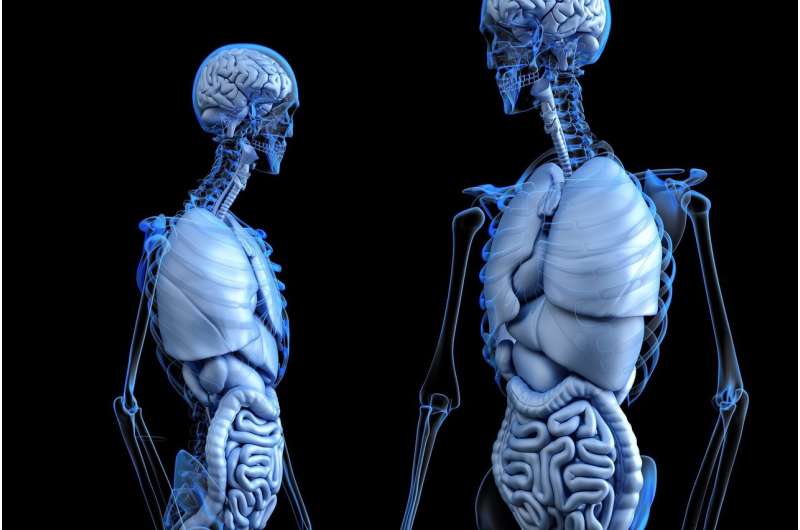The Future of the Women’s Health Initiative: Legacy and Uncertainty in Women’s Health Research

The Women’s Health Initiative (WHI) has been a cornerstone of women’s health research for over three decades, profoundly shaping medical understanding, clinical practices, and public health policies related to aging women. Since its inception in 1991 by the National Institutes of Health (NIH), it has been the largest and most comprehensive long-term study dedicated to women's health in the United States, resulting in over 2,400 scientific publications.
Women represent more than half of the US population, yet prior to the 1990s, their specific health needs were often overlooked in research, with many studies excluding women or failing to analyze data relevant to them. Recognizing this gap, the WHI was launched to investigate critical health issues such as heart disease, osteoporosis, and cancer, with the goal of developing prevention strategies tailored for women.
The study enrolled approximately 161,808 postmenopausal women aged 50 to 79, conducting randomized clinical trials on hormone therapy, diet, and supplement interventions. Notably, the investigation into menopausal hormone therapy revealed increased risks of heart disease, stroke, breast cancer, and cognitive decline, leading to immediate changes in prescription practices worldwide. These findings also contributed to significant public health improvements, including the reduction of hormone therapy use and the prevention of thousands of cancer and cardiovascular cases.
Following these initial trials, researchers have continued to follow participants, analyze data, and expand knowledge on aging and women's health. The WHI data have informed osteoporosis screening, dietary guidance, physical activity recommendations, and genetic research, providing a vast resource on health outcomes and risk factors.
However, in early 2025, the future of the WHI became uncertain. The Department of Health and Human Services initially planned to terminate much of its funding, casting doubt on ongoing research. After pushback, funding was apparently reinstated, but official confirmation remains pending, raising concerns among investigators and the broader medical community about the program’s sustainability.
Currently, more than 42,000 women aged 78 to 108 from across all states continue to contribute data, making the WHI an invaluable resource for understanding aging in women. The insights gained are critical as the demographic of older women grows rapidly, and health priorities shift toward managing chronic diseases and aging-related conditions.
In my view, the WHI’s ongoing work is vital. Its findings have enhanced clinical practices, influenced health policies, and improved health outcomes for women. Protecting and extending this research is essential for advancing women’s health into the future.
For more information, source: https://medicalxpress.com/news/2025-05-women-health-years-future-uncertain.html
Stay Updated with Mia's Feed
Get the latest health & wellness insights delivered straight to your inbox.
Related Articles
Expert Warning: Political Influences Put US Public Health at Risk of Crisis
Healthcare experts warn that recent political actions are undermining the U.S. public health system, risking a future health crisis due to weakened infrastructure and low vaccine confidence.
Innovative Validated Tool Developed to Assess Performance of Bone-Anchored Prostheses Post-Amputation
A new assessment tool developed at CU Anschutz accurately measures mobility and donning efficiency in bone-anchored prosthesis users, improving patient care and quality of life.
New Research Identifies Brain Neuron Clusters That Facilitate Sleep Recovery
Scientists have identified specific neuron clusters in the brain that regulate sleep recovery after deprivation, offering new insights into sleep homeostasis and potential therapies for sleep disorders.
The Rising Trend of Gastrointestinal Cancers in Younger Adults: Causes and Prevention
Gastrointestinal cancers, including colorectal and stomach cancers, are on the rise in younger adults worldwide. Discover the potential causes and preventive strategies to combat this alarming trend.



